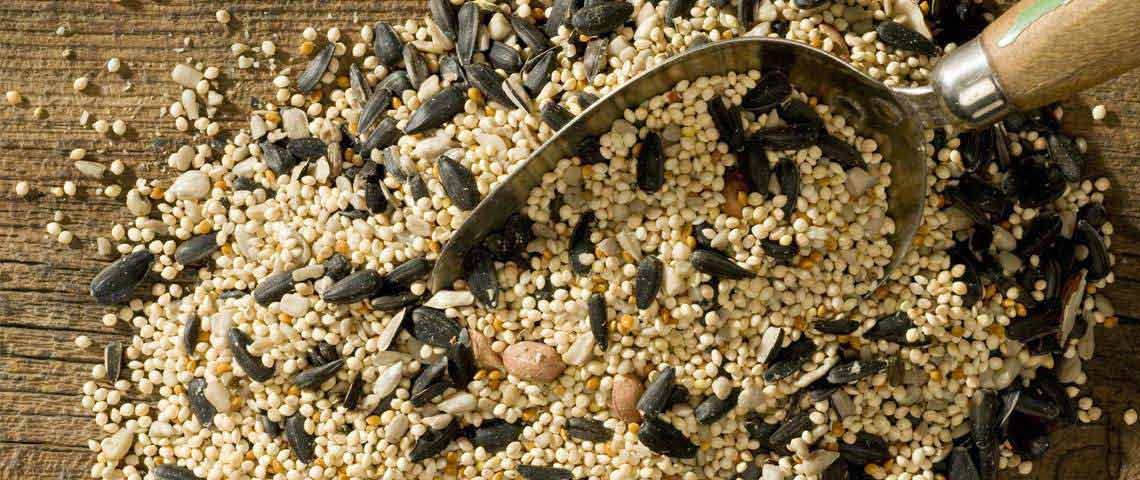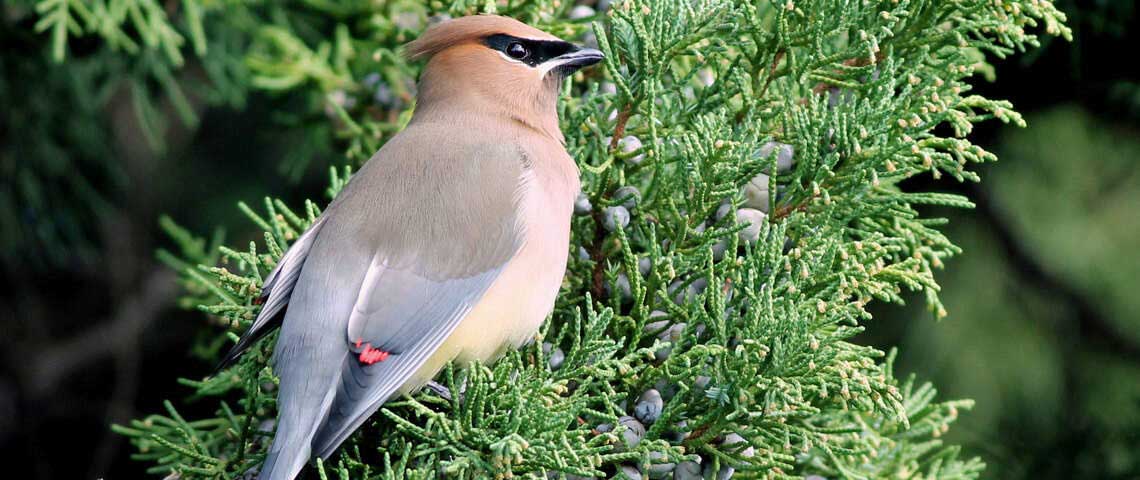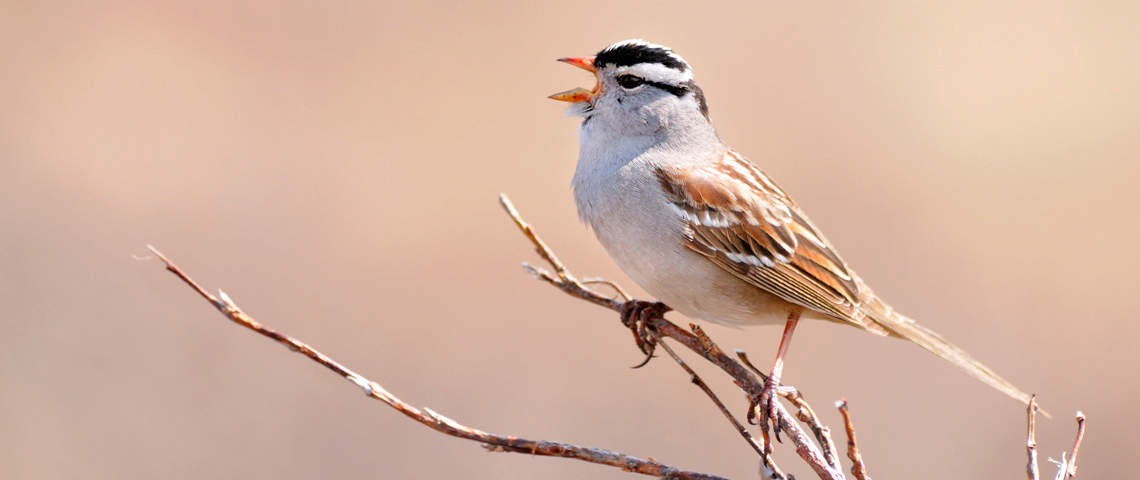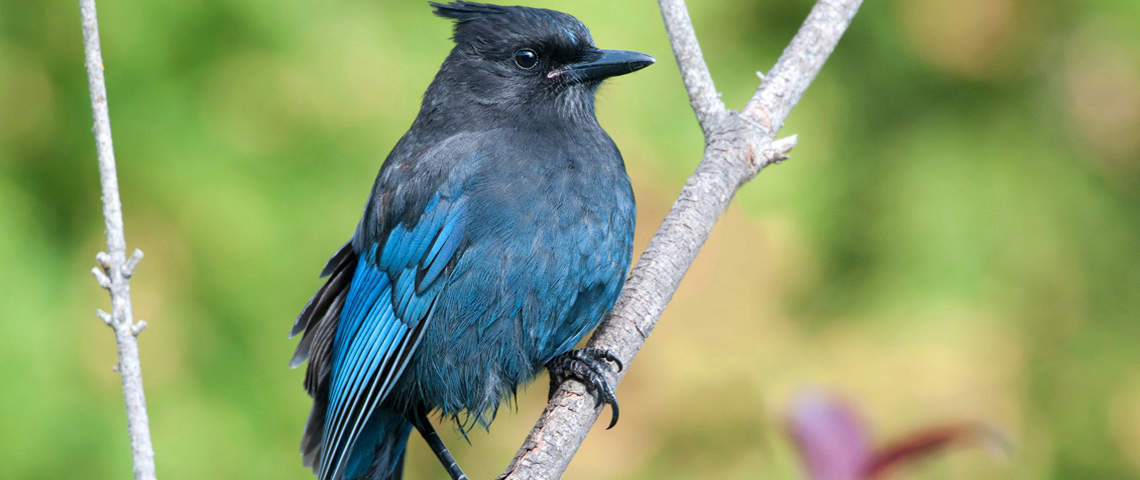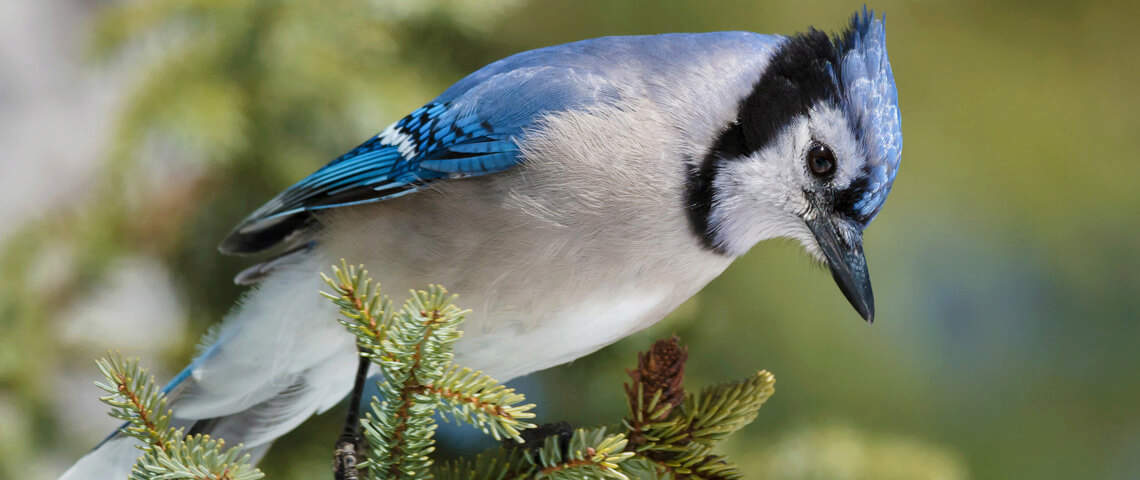Feeding Birds: Birdfood Care
Bird seed has a pretty long shelf life compared to many food items but does start losing its nutritional value as it gets old and dried out. It’s best not to buy more than you’ll use in a month or two. It’s important to keep it well sealed and dry—moisture in seeds, especially corn and peanuts, can lead to dangerous bacteria and fungus contamination.

Sometimes sunflower seed, even from reputable sources, can arrive at our home already infested with tiny sunflower moths. The adult moths are a nuisance, flying around our houses, but the real problem comes from the eggs they lay, which hatch into larvae that feed on various grains and other food items. The larvae are less than 1/8 inch long, and very hard to see, but produce strands of webbing as they move from one seed to another. The only signs of them in our sunflower seed or cereal are the webbing they leave behind, and tiny round holes chewed through the shells of some individual seeds. These can thrive in cereal and other human and pet foods made from grains, and sometimes enter our homes in those rather than bird food.
To control the moths, you can purchase pesticide-free “moth traps” which have a pheromone that lures the moths in. But because each moth can lay 400 eggs into birdseed or our own cereals, pasta, and other food made from grain, it’s important to keep both our birdseed and our own food carefully sealed.

In winter in cold climates, keeping birdseed of all kinds stored in an unheated garage or back porch will keep any larvae from being active, and cold enough temperatures will kill most of them. But even in the garage, it’s important to keep birdseed well sealed in chew-proof containers to prevent other pests from gaining access. Metal garbage cans with tight covers can be ideal for keeping squirrels, raccoons, mice, rats, and other mammals out.
In warm climates or where you must store your seed indoors, make sure to keep it well sealed. Even if you don’t feed birds, noticing small moths is a good idea—they sometimes get into human food supplies before they even reach our homes. If you do notice small gray moths flying about, seal all your food, your pets’ food, and any birdseed in airtight containers and set out a moth trap or two.

